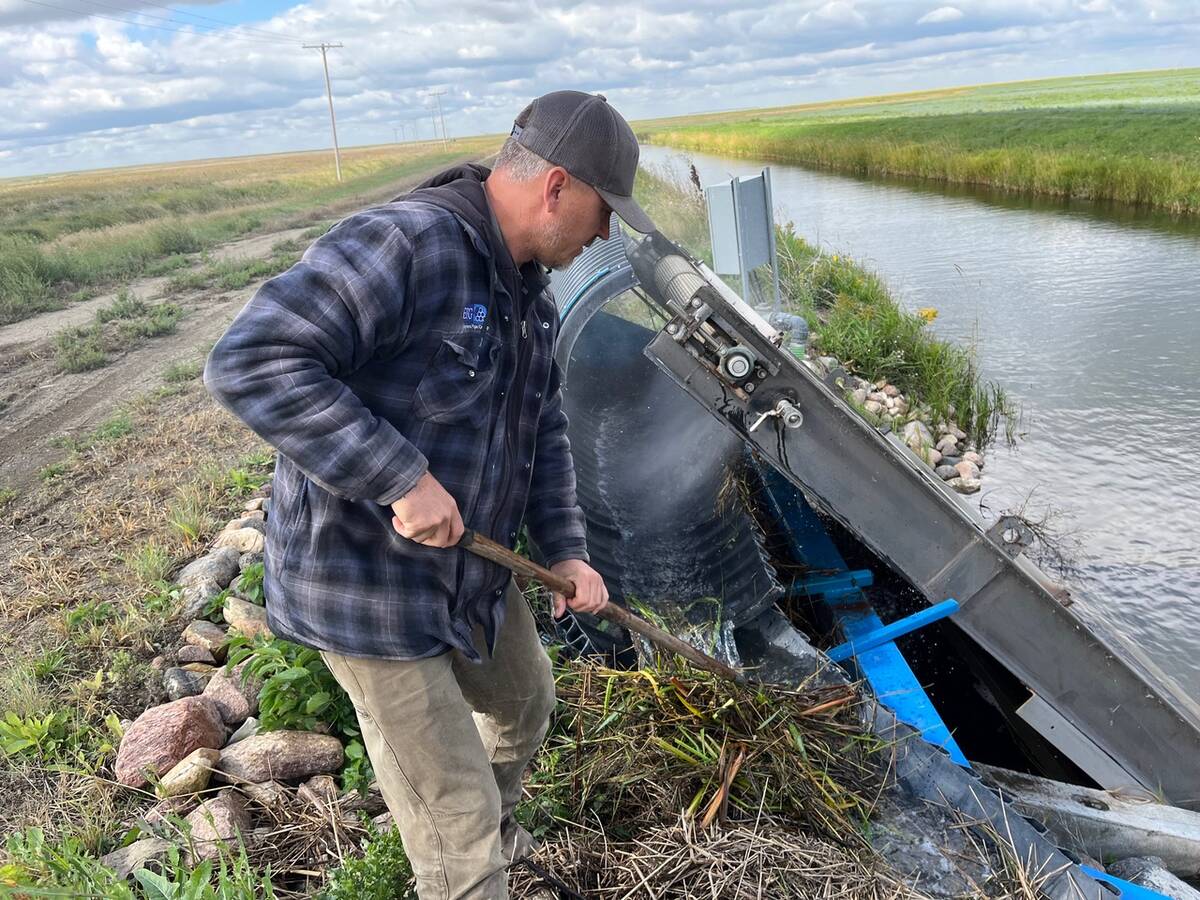CALGARY Ñ After years of chronic infighting, the organic industry appears to be getting its act together.
On the heels of last month’s announcement of a fall summit to establish a national voice for organic agriculture, growers, processors and other interested parties in Alberta have formed a provincial association.
“It’s an umbrella group of all representative interests in the organic industry in the province of Alberta,” said Steven Snider, Going Organic’s inaugural president.
The association held its first conference
Feb. 5 in Calgary, where a seven-member board of directors was elected by members who attended the meeting.
Read Also

Saskatchewan farmer uses tile drainage to manage water
The integration of both irrigation and tile drainage results in higher yields, water efficiency, improved soils and less nutrient runoff, says one producer.
Going Organic is the second attempt to establish a provincial commodity group for Alberta’s organic sector. The previous incarnation, the Alberta Organic Association, failed because it tried to become a provincial certification body.
“Trying to get consensus on all that was really, really difficult and it kind of just pulled everybody apart,” said Snider.
“We will not touch certification. There are enough people doing that.”
However, Going Organic will provide the federal government with direction on what Alberta wants to see in a national regulation for organics by appointing a representative to the Organic Regulatory Committee.
Another objective will be to establish a communications network that links the province’s organic growers, buyers and consumers. The 70-member organization will also help co-ordinate conferences and research spending for the sector, Snider said.
One of the obstacles facing the new association is the continued conflict with conventional farmers. That issue was debated when one of the producers in attendance complained about being “heckled and ridiculed” when he talked about organics in his community.
Snider sympathized with the grower but pointed out the tension seems to be easing with time. He is a lot more comfortable being an organic farmer these days than 19 years ago when he first made the shift.
“You had to put a flak jacket on,” said the New Norway, Alta., farmer.
Lately Snider’s neighbours are increasingly intrigued by what he’s doing. He gets questions from people he never thought would express interest in organic farming.
“We’ve all seen a huge change in attitude in the last five years,” he said.
Tony Marshall, owner of Highwood Crossing organic farm in Aldersyde, Alta., said despite running a profitable processing operation that makes cold-pressed oils, cereals, pancake mixes and other products, he is labelled a “crazy organic guy.”
“I still get teased a lot by our conventional neighbours but it is certainly not outright animosity.”
He agreed with Snider those perceptions are not as pronounced as they once were as conventional farmers are forced to adopt new models of agriculture themselves in a search for profitability.
One conference participant said it might be time to reach out to conventional farmers and help bridge the gap.
“I think it’s important that we not be self-righteous and we have a tendency to do that,” said Dan Wiens, operator of a community-shared farm near Winnipeg.
Snider agreed, although at one point in the proceedings he couldn’t help taking a shot at his counterparts when a local chef inquired why conventional farmers weren’t paying the costs of certification because organic agriculture addresses many of the shortcomings of their farming operations.
“We’re the only ones making money. That’s why they’re charging us,” said Snider to a loud round of applause.

















